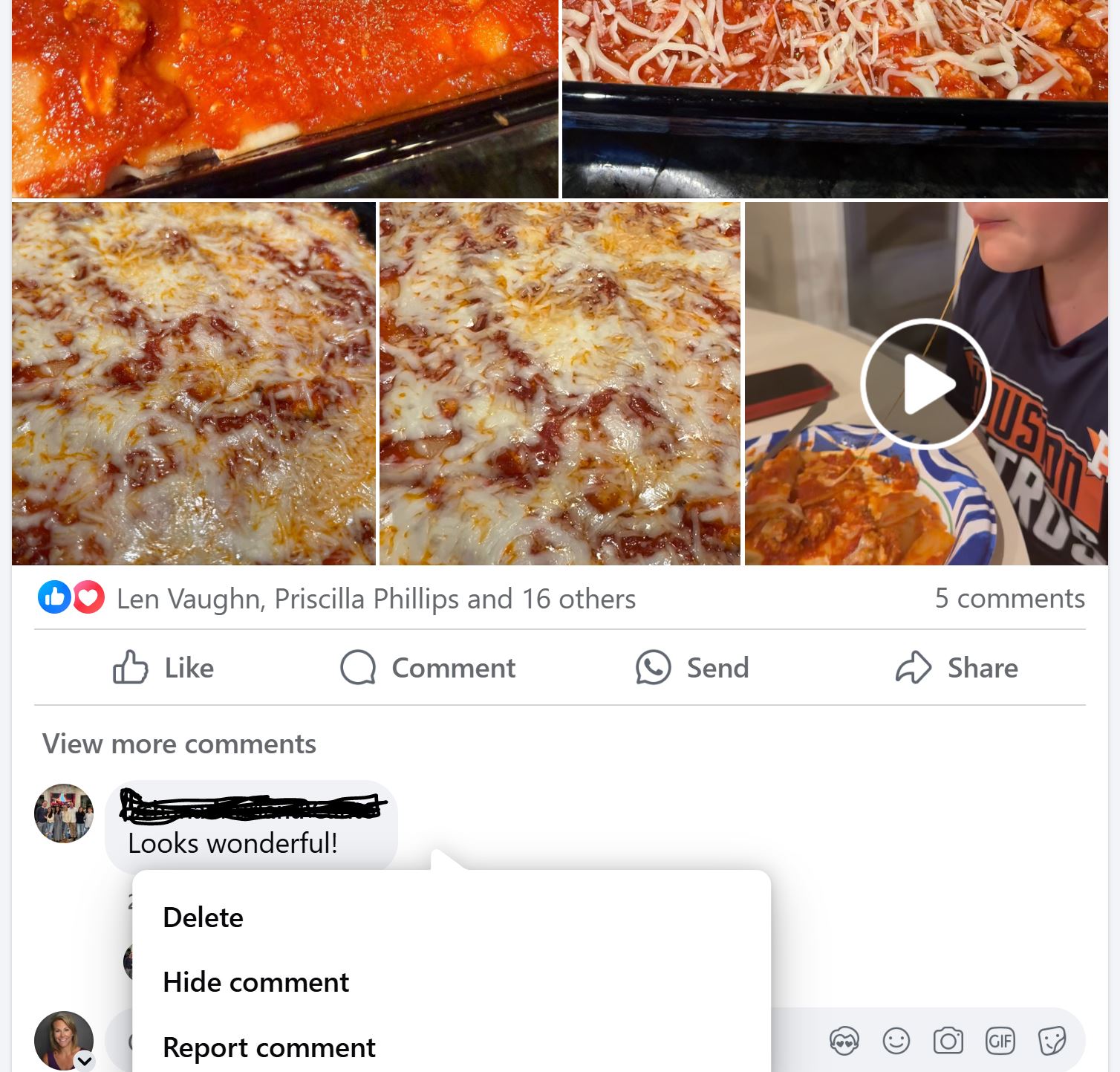Summary
As a small business owner, it's important to know how to handle negative comments on your social media posts and ads. This post explores the best practices for managing negative responses to your social media.
How to Respond to Negative Comments on Social Media: A Guide for Small Business Owners
In the world of social media marketing, not every post and ad campaign will be met with applause. Sometimes, despite your best efforts, your ads might receive negative feedback. As a small business owner, it’s crucial to know how to handle these situations effectively. Should you delete the ad? Should you remove negative comments? What if those negative comments are getting the most engagement? Let’s dive into these questions and explore the best practices for managing negative responses to your social media.
Understanding Social Media Feedback
First, it’s important to understand that negative feedback isn’t always completely bad. It can provide valuable insights into how your audience perceives your brand and your products or services. Constructive criticism can help you improve your offerings and refine your marketing strategies. Constructive criticism, questions, and even polite disagreements can be considered good engagement. These types of comments can foster meaningful discussions and provide valuable insights. Responding to these comments can also show that you are engaged and responsive. Admittedly, not all negative feedback is constructive. Some comments may be rude, offensive, or completely off-topic. Knowing how to differentiate between these types of feedback is key to managing your social media presence effectively.
Should You Delete the Ad or Post?
Deleting an ad based on negative feedback should be carefully considered. If the ad is receiving overwhelmingly negative feedback, it might be worth considering whether the ad itself is problematic. Perhaps the messaging is unclear, the imagery is off-putting, or the targeting is off. In such cases, pausing the ad and revisiting your strategy might be the best course of action. However, if the ad is generally well-received but has a few negative comments, deleting the ad might be an overreaction. (For an example of an entire ad campaign that was pulled, read my “Why Your Marketing Should Directly Reflect Your Brand Values” post.) That said, if you’re allocating dollars to advertise, you should act quickly to minimize the spend on a campaign that doesn’t sit right with your target audience.
If you have a social post that is not tied to advertising dollars but is getting some negative comments, I suggest politely and briefly addressing any comments that are factually incorrect by inviting the commenter(s) to connect with you directly. This allows them to feel heard while taking the negativity offline. If the comments are otherwise offensive (such as racially or politically motivated or just spam), delete the post and move on. I’ll cover more on this shortly.
Here’s an important aspect to remember: your social posts may be getting a mix of positive and negative feedback. The more people comment on your post, the more the algorithm shows your post. It’s as if your post is getting rewarded for being popular. This is yet another reason to regularly monitor your comments and reply. No more “posting and ghosting.” Plus, responding to these comments professionally and thoughtfully can demonstrate that you value customer feedback and are committed to improving.
How Exactly Should You Respond to Negative Comments on Social Media?
Even if critical, constructive comments can be beneficial for your business. They reveal your audience’s concerns and offer opportunities to enhance your marketing and offerings. Here are some strategies to find the good in even tough comments.
1. Respond Professionally: If the comment is critical but not offensive, address the comment with the intention of showing you care and want to take care of all your customers. Acknowledge the feedback, apologize if necessary, and offer a solution or further assistance. This shows that you are attentive and value your customers and their experiences. Prospects may also see how you handle critical feedback, so you always want to put the customer first, which also means future customers.
2. Hide or Delete: If the comment is offensive, spammy, or violates community guidelines, it’s appropriate to hide or delete it. Most social media platforms offer options to hide comments and delete comments. In the example below from my personal Facebook account, I clicked on the three dots to the right of this comment to bring up the menu of Delete, Hide Comment and Report Comment. (This is a positive comment, so I’ll leave it, but it allows me to share an example.)
Delete the comment if you want to permanently remove it and make it so the comment is not visible to anyone. If the commenter returns to your post, he/she will be able to see that the comment has been removed. Alternatively, hiding the comment keeps it visible to the commenter and his/her friends but it’s not visible to everyone else. This is a good option when you want to address the comment without escalating the issue.
3. Report comments that are abusive or violate platform policies. Reporting them to the platform can be an effective way to handle the situation.
Checkout some short case studies of how major brands responded to negative comments on social media. You’ll recognize brand leaders like Starbucks, Pizza Hut and IKEA.
When Negative Comments Get the Most Reactions
Sometimes, negative comments can garner a lot of attention and reactions from other users. This can be tricky to manage, as deleting these comments might be seen as censorship and could further inflame the situation. In such cases, it’s often best to address the comment directly. Acknowledge the feedback, provide a thoughtful response, and try to steer the conversation in a positive direction. This approach can demonstrate transparency and a willingness to engage with your audience, even when the feedback is negative.
Handling negative responses to your social media posts and ads is a delicate balancing act. It’s important to differentiate between constructive and destructive feedback and to respond appropriately. By addressing negative comments on social media professionally, you can turn a potentially negative situation into an opportunity to demonstrate your commitment to customer satisfaction and continuous improvement. Every piece of feedback is a chance to learn and grow. As I tell my son, we often learn more from losses than wins. Just keep learning and improving.
For help with your social media management and marketing, contact Tell Your Tale Marketing & Design.













Leave A Comment